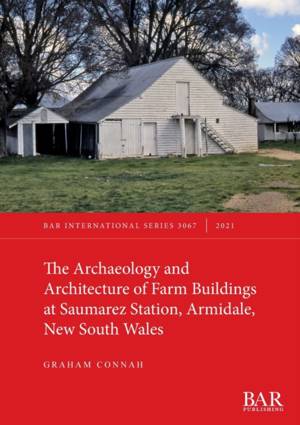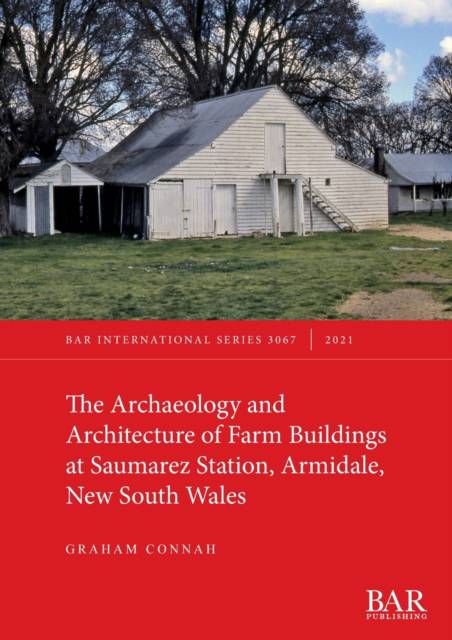
- Retrait gratuit dans votre magasin Club
- 7.000.000 titres dans notre catalogue
- Payer en toute sécurité
- Toujours un magasin près de chez vous
- Retrait gratuit dans votre magasin Club
- 7.000.0000 titres dans notre catalogue
- Payer en toute sécurité
- Toujours un magasin près de chez vous
The Archaeology and Architecture of Farm Buildings at Saumarez Station, Armidale, New South Wales
Graham ConnahDescription
This book is an analysis of nineteenth and early twentieth-century farm buildings dating from Australia's rural pioneering period. Based on field recording during the 1980s, its historical value is now particularly significant because similar buildings in Australia have since often deteriorated or vanished completely. Construction techniques, the use of materials, mainly timber as slabs or weather boarding, and of galvanized corrugated iron, including the role of recycling, and the ways in which the buildings were adapted to economic and social changes in agricultural production are examined. In particular, the distinctive Australian tradition of making do with whatever was available is considered. The result is a study of humble, utilitarian buildings that have been given less attention than grand houses of the past or public buildings. Nevertheless, they played a vital role in Australia's past development, and they deserve close consideration.
Spécifications
Parties prenantes
- Auteur(s) :
- Editeur:
Contenu
- Nombre de pages :
- 148
- Langue:
- Anglais
- Collection :
- Tome:
- n° 3067
Caractéristiques
- EAN:
- 9781407358802
- Date de parution :
- 31-12-21
- Format:
- Livre broché
- Format numérique:
- Trade paperback (VS)
- Dimensions :
- 210 mm x 297 mm
- Poids :
- 494 g

Les avis
Nous publions uniquement les avis qui respectent les conditions requises. Consultez nos conditions pour les avis.






